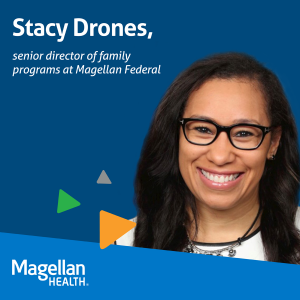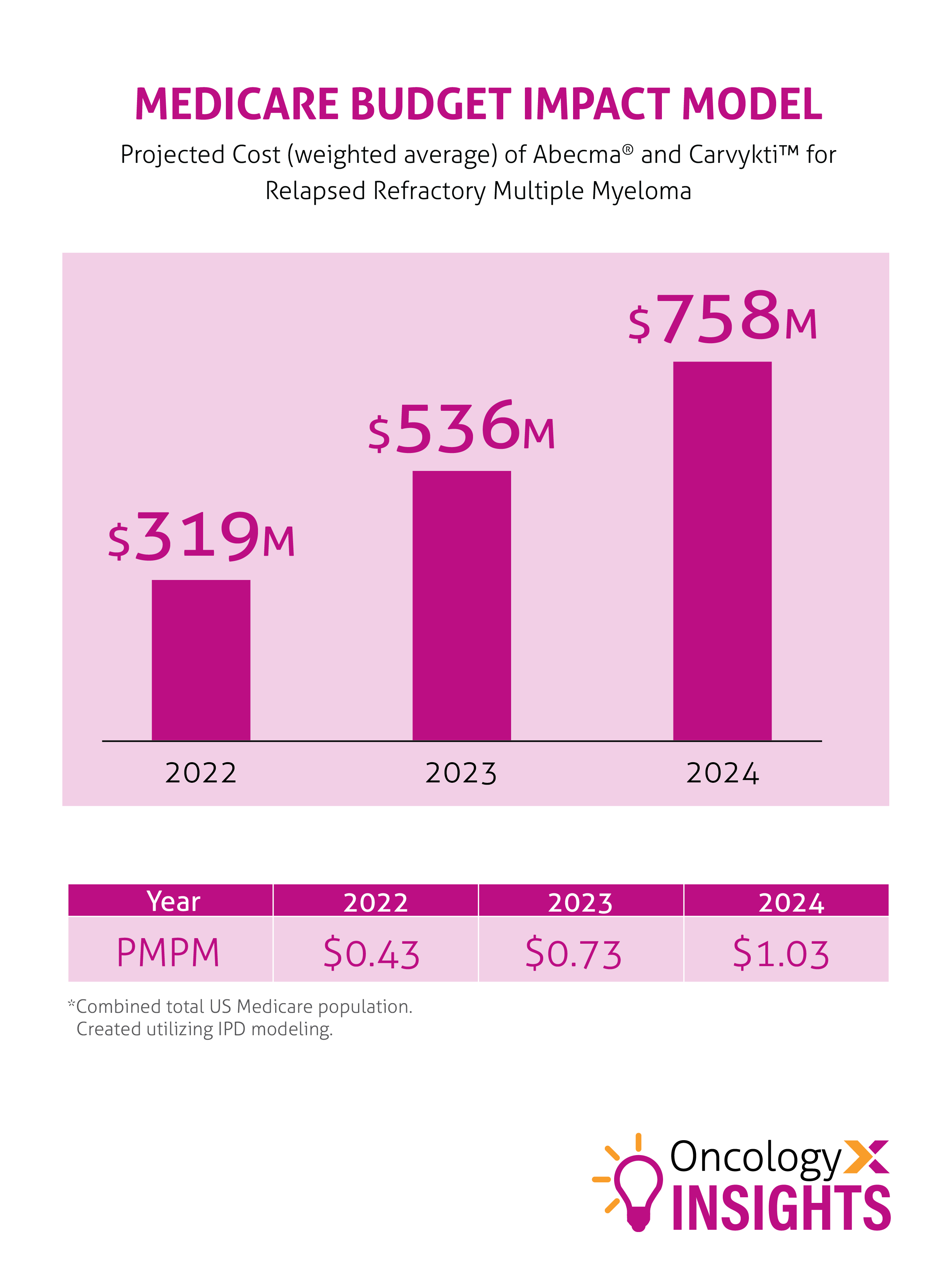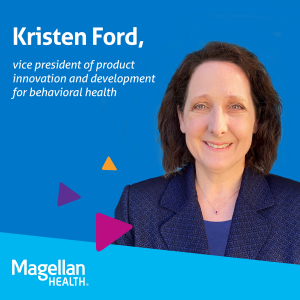Spotlight Magellan Health: Stacy Drones
Stacy Drones’, senior director of family programs at Magellan Federal, passion for helping military families comes from her real-life role as a military spouse. Since joining Magellan Federal in 2013, Drones now supervises a large array of military family programs including the Army Family Advocacy Support Services which includes the Domestic Abuse Victim Advocacy Program and New Parent Support Program, Army Exceptional Family Member Program and the Air Force Family Advocacy Program contracts. Drones is currently working on initiating various trainings for employees to better help the military families they serve in their unique situations. Continue reading to learn more about the many projects happening at Magellan Federal during Military Appreciation Month this May:

What can you tell us about Magellan Federal?
Magellan Federal has a strong history of support to the military. A lot of our employees on our contracts are military spouses, former military spouses or veterans who are passionate about the work. Many of our leaders at Magellan Federal have been in some way connected to the military, this is important and shows we have a passion for the work that we do because of our connection with service members and their families. My team has historical knowledge of our programs and we’ve been working with the government clients for a long time and know what they’re looking for and know how to execute the contracts successfully in the programs.
What cool, innovative projects are you currently working on?
The main part of my job involves managing our portfolio of programs that support military families. I personally manage the Family Advocacy Support Services contract for the Army which includes the Army Domestic Abuse Victim Advocacy Program that provides services for victims of domestic abuse. This contract also includes the New Parent Support Program that offers home visits to provide help and educational resources for new parents. This program provides licensed clinical social workers, marriage and family therapists and registered nurses to work with military families with children who are newborn up to age three. They conduct regular home visits to offer education that helps to prevent child abuse. We also have a lactation contract with the U.S. Food and Drug Administration that hosts monthly lunch seminars for mothers who are nursing. In addition, we serve as a subcontractor for a family advocacy program at Food Hood where we provide information on stress management, parenting, couples communication, relationship classes and domestic abuse. I also oversee other contracts assigned to other program managers like the Army Exceptional Family Members Program, that provides help to military families who have dependents with disabilities and connects them with referrals and resources in the community. There’s also the Air Force Advocacy contract that we’re a subcontractor on that provides domestic abuse advocates for members of the Air Force.
On the Family Advocacy side, we do at least two employee professional development trainings a year. Planning those trainings and brining in speakers from all over is our big focus right now. Government employees are welcome to participate as well. We also have a requirement to have all victim advocates credentialed through the National Advocacy Credentialing Program. Although this is a new government requirement, Magellan has had this requirement in place for our Victim Advocates for nine years. We are currently helping our government client roll this training out to the government Victim Advocates.
In the New Parent Support Program, we are currently training our home visitors on how to address sensitive topics with their clients, such as mental health, abuse and race. They’re also trained on how to help parents and caregivers deal with the unexpected, such as deployments, birth plan changes or giving birth to multiples.
What are your thoughts on Magellan’s culture? How has the culture impacted your projects?
I love this company and the leadership; I think they’re very supportive of what we do. I feel that Magellan’s leadership really cares for their employees and cares about what we’re doing and how we’re doing it.
What trends are you noticing in the healthcare industry that are related to the work being done at Magellan Federal? Are there any lessons from other industries that can be applied to the work happening at Magellan Federal?
A big focus of the DoD Family Advocacy Programs currently is working with families of problematic sexual behaviors in children and youth. We have been looking at ways to intervene early and provide help for those children who are presenting those behaviors. We have our home visitors involved with this because they’re the ones working with the families in the home and have built a rapport with them. We’re increasing training for our home visitors to ensure they know the best way to help provide services to those families. The military has partnered with a lot of civilian agencies to provide trainings to help figure out how to address and solve the problem.
Magellan Federal understands that military families may have unique challenges compared to civilian families. That’s why we are doing what we can to develop partnerships with civilian agencies that have the funding to do research and develop correct programs. Initially, the development of the new Federal Program Management Office has been great for developing relationships with organizations. If we continue to do that, it’ll be a great thing.
Learn more about the various solutions provided by Magellan Federal here.


